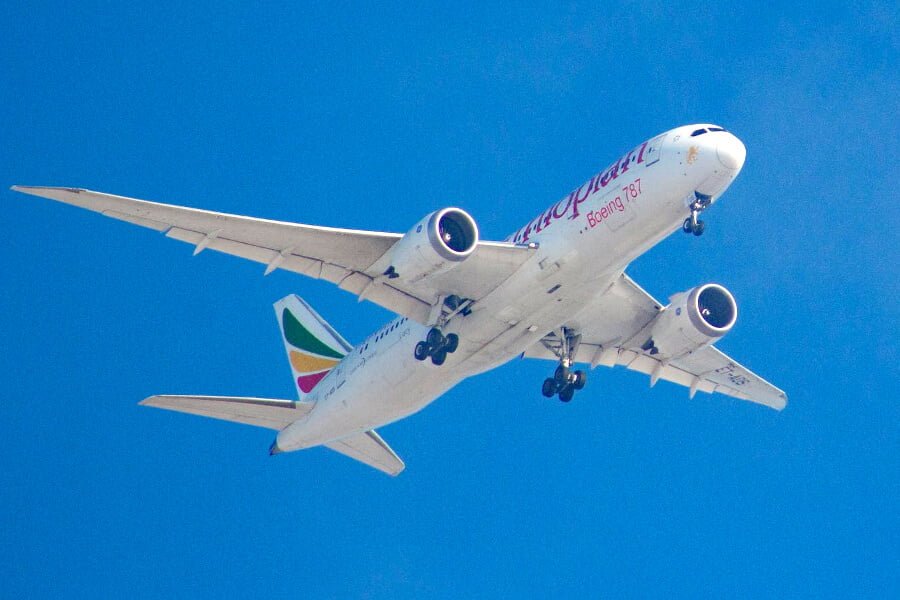Addis Ababa Travel Information
Your Addis Ababa travel information: Safety tips, currency insights, climate details, and more for a seamless travel experience in this vibrant African city…. read more

Addis Ababa Travel Advice
In the vibrant city of Addis Ababa, safety is a notable feature. Recognized as one of the safest cities in Africa, travelers are encouraged to explore with confidence. While most areas are secure, it’s advisable to exercise caution in bustling places such as Merkato and Megenagna, particularly to thwart petty theft. Concealing valuable belongings like money, phones, cameras, and passports is a prudent practice. Additionally, it’s recommended to avoid solo travel, especially during the night, and maintain heightened awareness of your surroundings for a trouble-free experience.
Getting to Addis Ababa
Addis Ababa is well-connected globally, with several airlines providing daily flights. Among the preferred carriers are Ethiopia Airlines, Lufthansa, Emirates, Qatar, Qantas, and British Airways. For those embarking from London, an economy return ticket to Addis typically costs around $800. Bole Airport, located to the south of the city, serves as the primary air gateway. Boasting basic facilities, restaurants, and free WiFi access, the airport facilitates various transportation options to the city center, including metered taxis, contract taxis, and minibuses.
Passport and Visas
Travelers to Addis Ababa should ensure their passports are valid for at least six months from the intended date of entry, with a minimum of two blank pages. A visitor’s visa is a requisite for entry into Ethiopia and can be obtained upon arrival at Addis Ababa airport. The cost is approximately $50 for a 1-month visa and $75 for a 3-month visa. All major currencies are accepted. An alternative is to secure a 30 or 60-day visitor visa online through the official government website. Customs regulations stipulate the declaration of any cash exceeding $3,000 (or equivalent in other foreign currencies).
Climate
Addis Ababa experiences a diverse climate, encompassing tropical, subtropical, and cool zones. The city’s topography results in temperature variations of up to 10°C between lower and higher elevations. Summer temperatures average around 20°C (68°F), while winter temperatures hover at approximately 16°C (61°F). May stands out as the warmest month, with August being the wettest.
When to Go
Choosing the right time to visit Addis Ababa is pivotal for an enjoyable experience. The period from September to January is highly recommended, as it offers pleasant temperatures and minimal rainfall. Notably, this time frame aligns with the city’s main cultural events, such as Timket and Meskel, making it the optimal period for exploration.
Local Currency
The official currency in Ethiopia is the Ethiopian Birr (ETB). It is advisable to exchange currency upon arrival, and major currencies such as US dollars and euros are widely accepted. Currency exchange services are available at the airport, banks, and authorized exchange bureaus throughout Addis Ababa. ATMs are also prevalent, allowing convenient cash withdrawals. Ensure you have sufficient small denominations for local transactions, as larger bills may not always be accepted.
Getting Around
Navigating Addis Ababa is facilitated by a variety of transportation options, catering to diverse preferences. From private cabs and metered taxis to minibuses and trams, travelers can choose the mode that best suits their needs. A detailed guide on getting around Addis Ababa provides further insights into the available options for efficient and convenient travel within the city.
Health and Safety
Prioritizing health and safety during your visit to Addis Ababa is essential. For those limiting their travel to the city, considering hepatitis shots is advisable. Additionally, exercising caution in dietary choices, such as avoiding raw foods and tap water, contributes to a healthier experience. Opting for bottled mineral water, readily available in most places, is a precautionary measure. The city boasts several private hospitals and clinics that offer a reasonable standard of care for minor health problems.
Electricity
Understanding the electricity specifications in Addis Ababa ensures a seamless travel experience. The city operates on power sockets of Type C and F, with a supply voltage of 220V and a frequency of 50Hz. To accommodate these standards, packing a universal plug adaptor is recommended.
Internet
Staying connected is convenient in Addis Ababa, with most hotels offering free WiFi access. Internet cafes are prevalent in various streets and shopping malls, providing additional options for connectivity. For those seeking more flexibility, purchasing a SIM card and data bundle is a viable solution. These can be obtained from Ethiotelecom branches or street vendors, requiring an initial investment of 30 ETB for the SIM card, along with passport verification. Data bundles, reasonably priced, are available from various outlets, including kiosks and supermarkets.
Time Zone
Addis Ababa operates on the Eastern Africa Time zone, ensuring that visitors synchronize their schedules with the local time for a seamless and well-coordinated travel experience.
